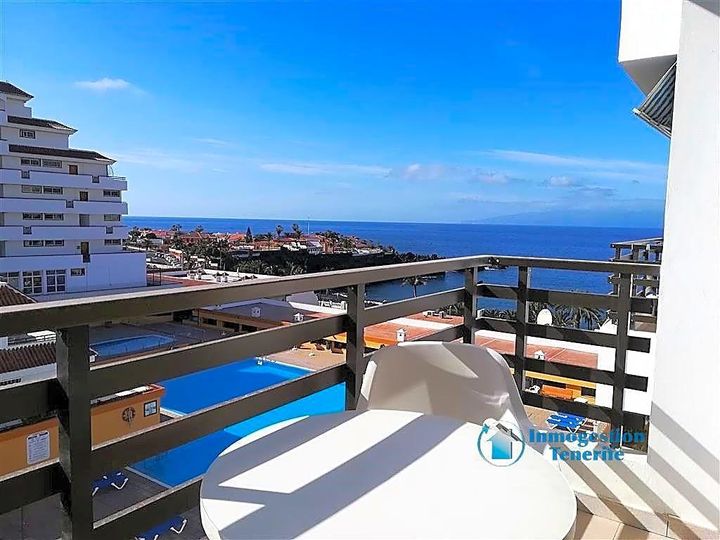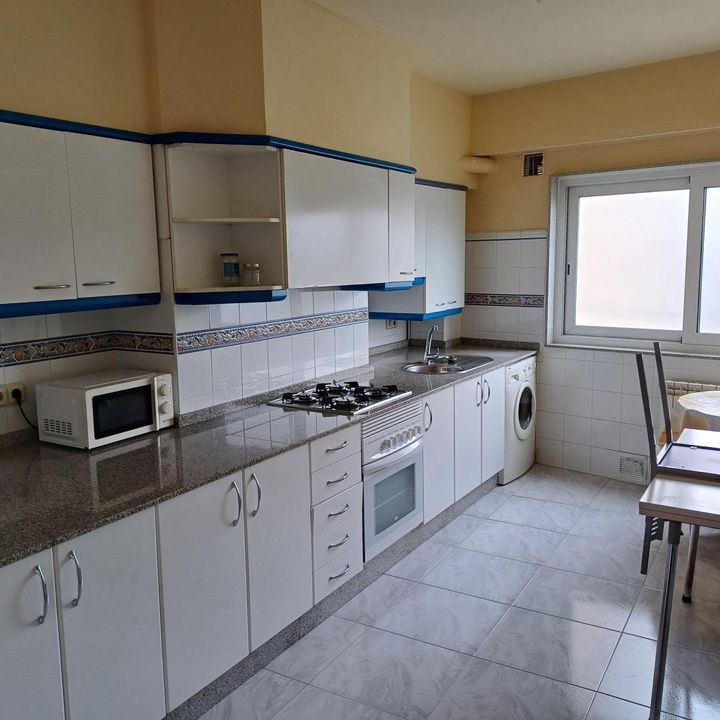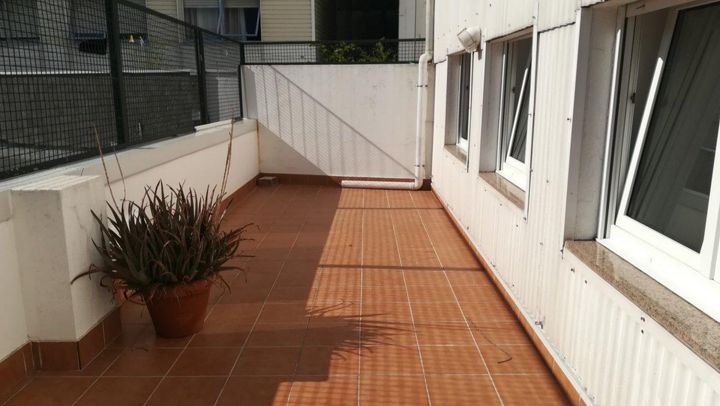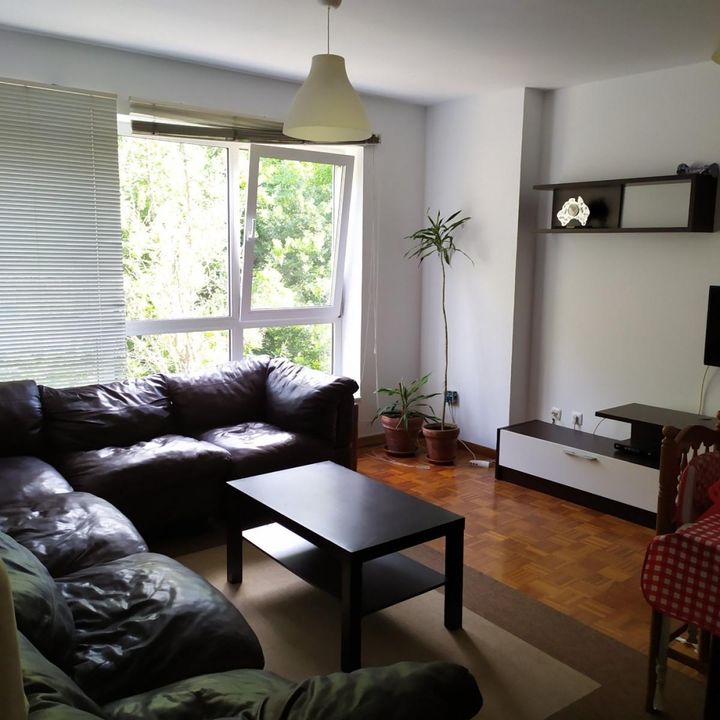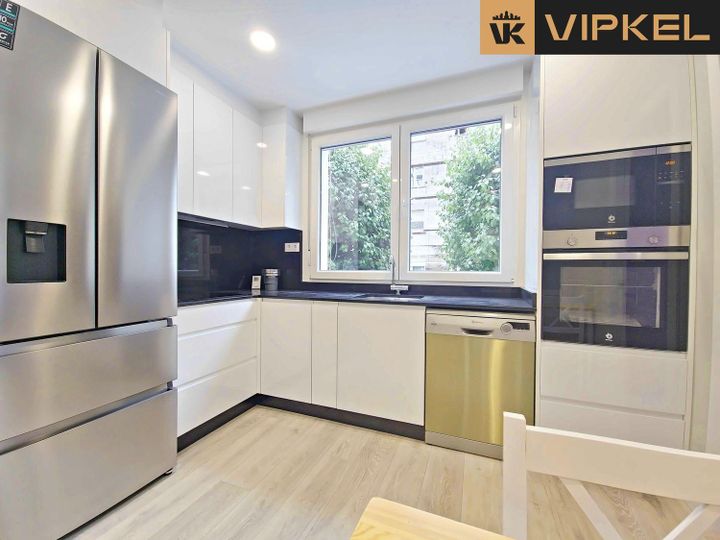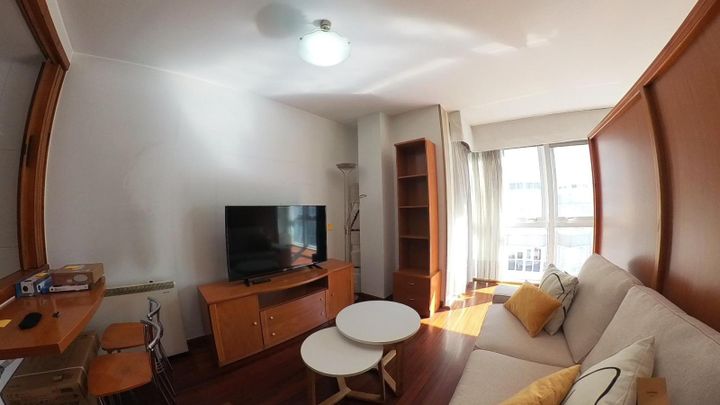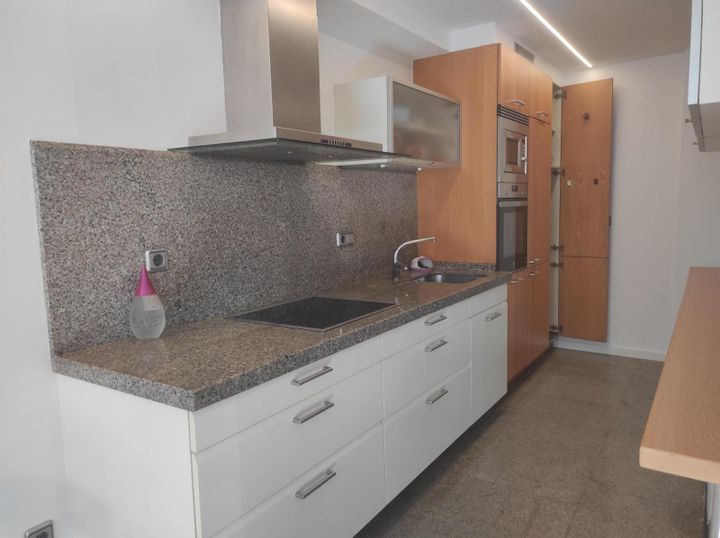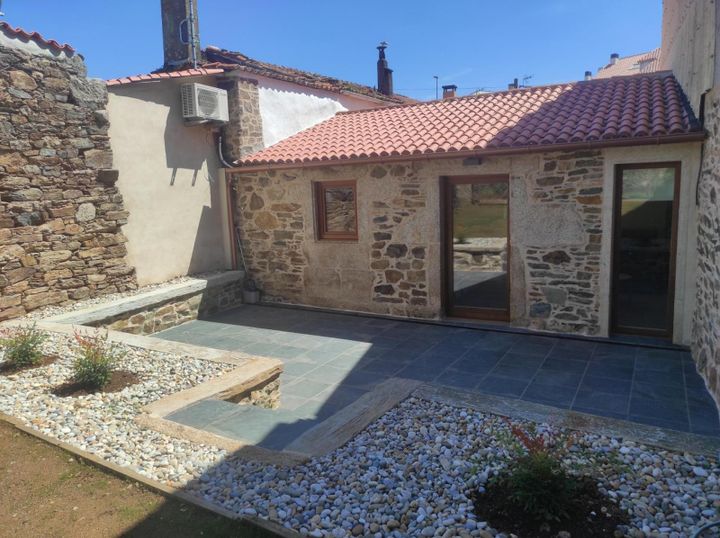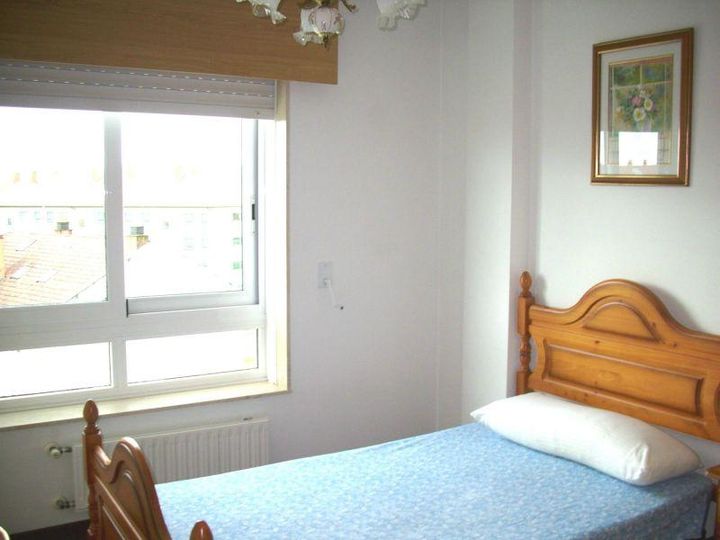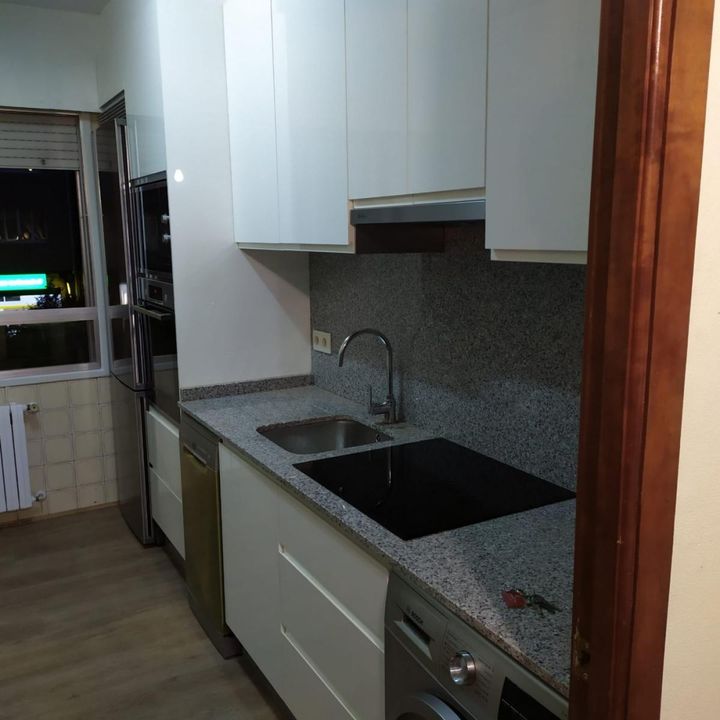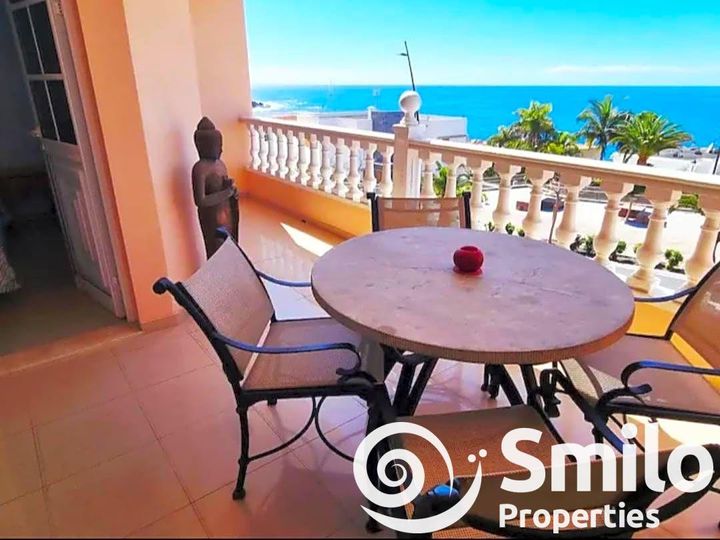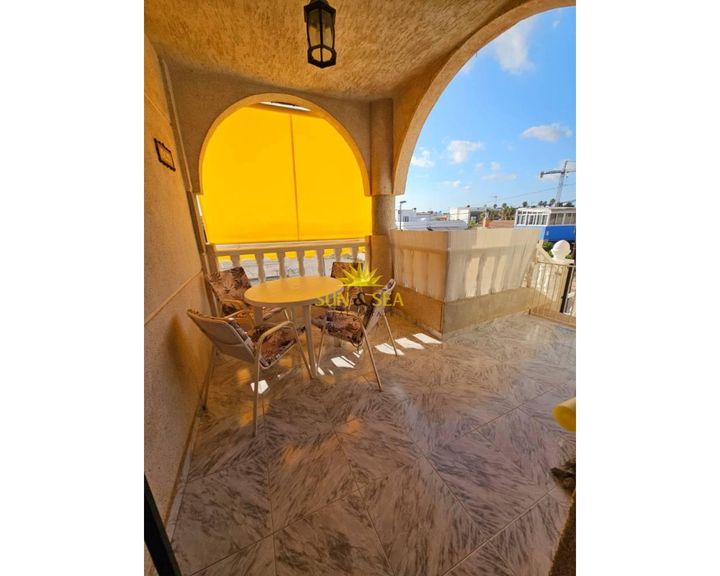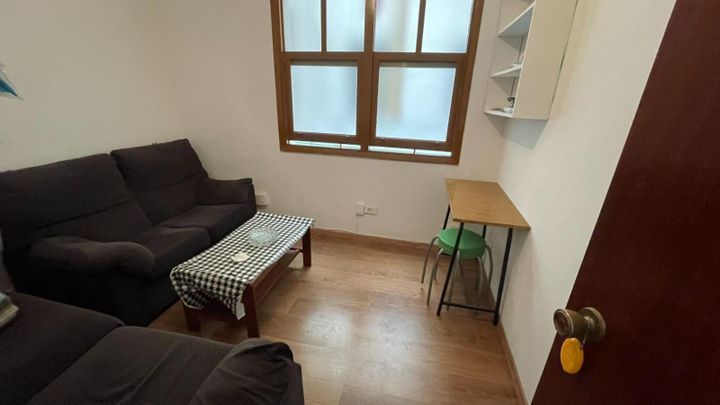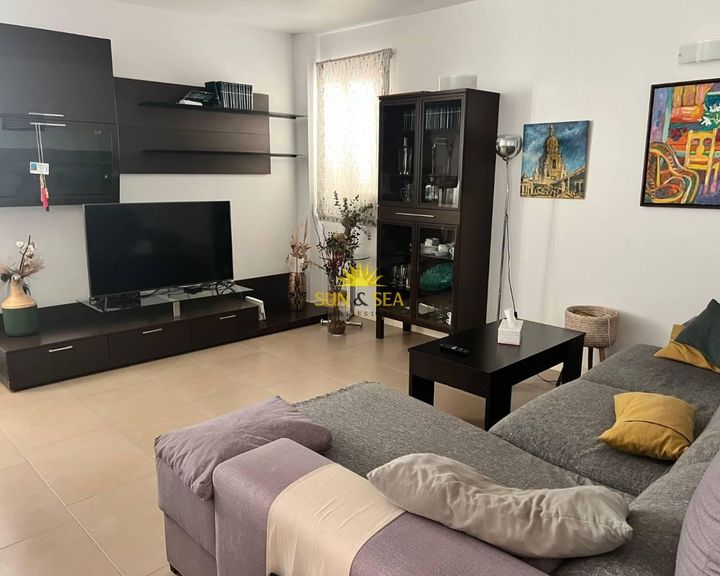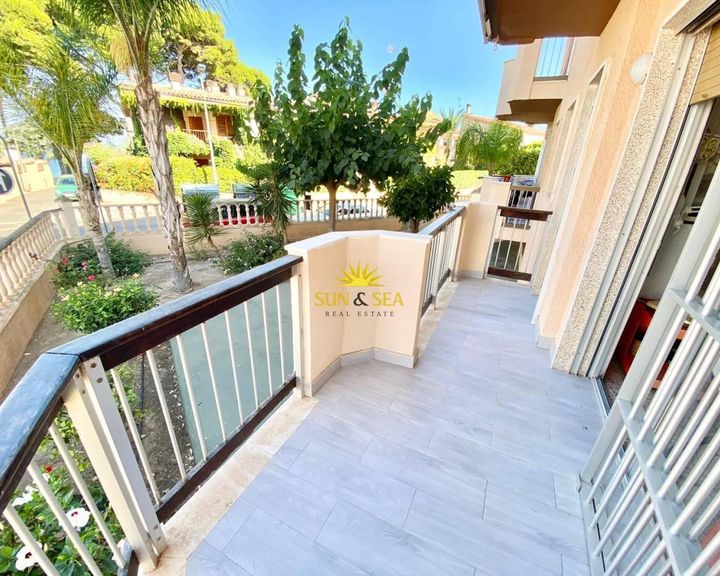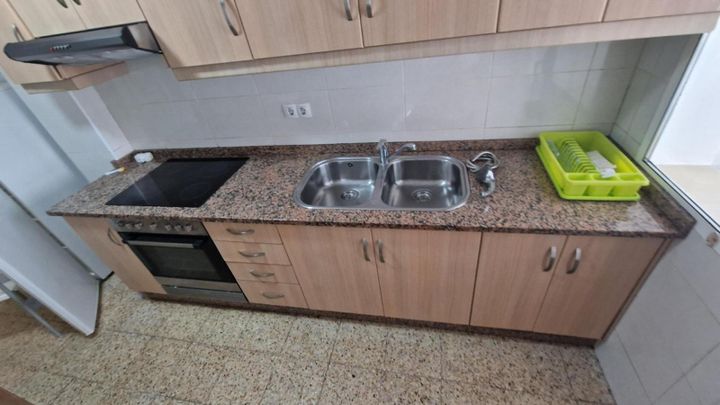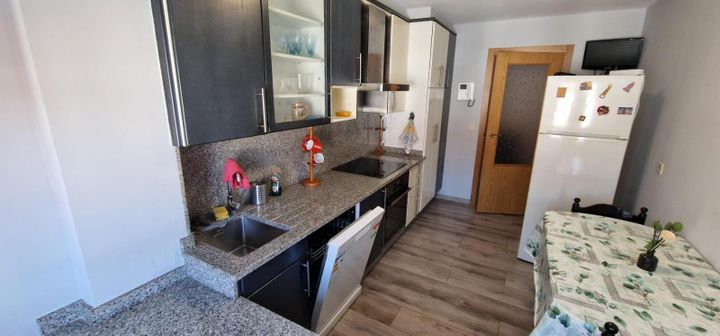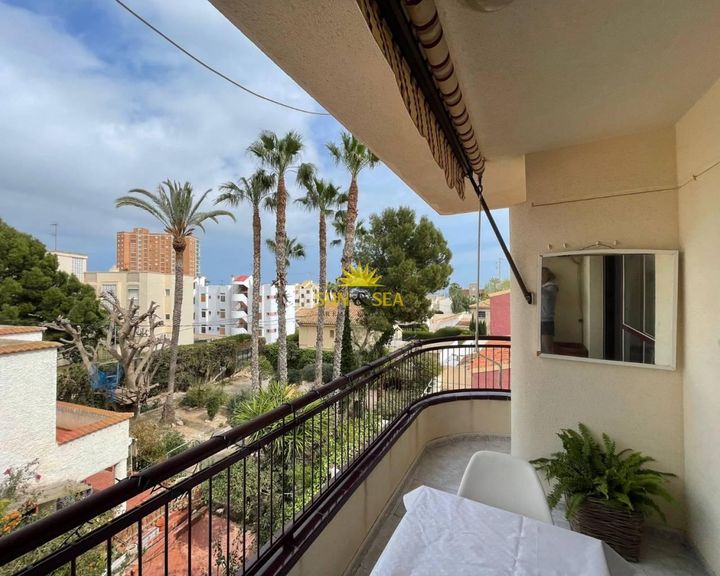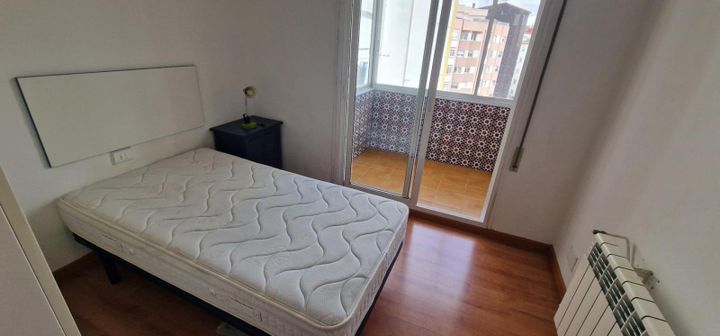The average rental price for a one-bedroom apartment in Santiago, Spain, varies significantly depending on the neighborhood. In more central areas like Santiago de Compostela's Old Town, prices can reach around €700 to €900 per month, reflecting the appeal of historical sites and convenience. In less central districts such as Conxo or Santa Marta, rents can drop to between €400 and €600. Key factors affecting rental prices include proximity to public transport, local amenities, and the overall condition of the property. Furthermore, prices typically see fluctuations depending on the time of year, with higher demand during peak tourist seasons or university enrollment periods.
Santiago
Location
Price Range
Any price
Price Range
Minimum
No min
Maximum
No max
Property type
Show all
Property type
Show all
House
Apartment
Building
Other
Bedrooms
Any beds
Bedrooms
Minimum
No min
Maximum
No max
Surface Range
Any surface
Surface Range
Minimum
No min
Maximum
No max
Sale type
To rent
Sale type
Show all
To rent
For sale
Location
Apartments and houses for rent in Santiago
54 results
Recent
Santiago insights
| Aspect | Summary |
|---|---|
| Gross Yield | Average gross yield ranges between 5-7%. |
| Rental Demand | High demand due to student population and expatriates. |
| Average Rent Price | Average monthly rent is approximately €800 for a one-bedroom apartment. |
| Vacancy Rates | Vacancy rates are around 5-8%, indicating a stable market. |
| Tenant Turnover Rate | Annual turnover is about 25%, influenced by short-term leases. |
| Operating Expenses | Operating expenses typically around 20-30% of rental income. |
| Regulation and Rent Control | Limited rent control; regulations favor tenant rights. |
| Furnishing/Unfurnishing Rate | Approximately 60% of rentals are furnished. |
| Short-Term vs. Long-Term Rental Mix | Around 30% of rentals are short-term, popular for tourism. |
| Local Economic Indicators | Strong economic growth with stable job market. |
| Rental Price Trends | Rental prices have increased by 3-5% annually. |
| Lease Terms | Common lease terms are 12 months, with some 6-month options. |
| Deposit Requirements | Standard deposit is usually one month's rent. |
| Utilities and Other Costs | Utilities average about €100-150 per month additional. |
| Safety and Security | Santiago is considered safe, but varies by district. |
Santiago FAQ
What is the average rental price for a one-bedroom apartment in Santiago?
How do rental prices in Santiago compare to other South American cities?
Rental prices in Santiago, Chile, vary significantly when compared to other major South American cities. As of 2023, the average monthly rent for a one-bedroom apartment in the city center of Santiago hovers around $600 to $800, which places it on the higher end when compared to cities like Lima, Peru, where similar accommodations can cost around $400 to $500. In Buenos Aires, Argentina, rents are also generally lower, with central one-bedroom apartments averaging $450 to $600. However, Santiago's prices surpass those of Bogotá, Colombia, where one can find similar apartments for approximately $300 to $400. Despite economic fluctuations and recent social unrest affecting the housing market, the demand for rentals in Santiago remains robust due to factors such as urbanization and the influx of expatriates and students, contributing to higher and more stable rental prices than many of its South American counterparts.
Are rental prices in Santiago higher in certain neighborhoods?
Rental prices in Santiago, Spain, vary significantly across different neighborhoods, heavily influenced by factors such as location, amenities, and local demand. For example, neighborhoods like the historic center, particularly in areas near Plaza de Armas, tend to have higher rental prices due to their proximity to major attractions, shops, and restaurants. In contrast, areas such as Pudahuel or La Florida might offer more affordable options, appealing to families and those seeking more space. The bohemian district of Bellavista, popular with young professionals and artists, has also seen a rise in rental prices recently as its cultural scene attracts more residents. Additionally, upscale neighborhoods like Las Condes and Providencia are consistently among the most expensive, offering a wealth of services and a higher standard of living. Conversely, neighborhoods on the outskirts of the city, such as Cerro Navia, typically present lower rental costs but may lack some conveniences found in more central areas.
What factors influence the rental price of a property in Santiago?
Several factors influence the rental price of a property in Santiago. One of the primary determinants is the location; properties in desirable neighborhoods such as Las Condes or Providencia typically command higher rents due to proximity to amenities, public transport, and business districts. The size and condition of the property also play crucial roles; larger apartments or those recently renovated tend to attract higher prices. Additionally, the supply and demand dynamics significantly impact rental costs; in periods of high demand, such as during major events or university session starts, prices can soar. Seasonal factors also come into play, with summer months often seeing an influx of tourists and students, pushing rental prices up. Finally, economic conditions, including inflation rates and employment levels, influence renters' purchasing power and willingness to pay, thereby affecting overall market prices.
How often do rental prices in Santiago increase?
Rental prices in Santiago can be quite volatile, influenced by factors such as economic conditions, tourism fluctuations, and local demand. Over the past decade, the city has experienced significant growth, particularly in the rental market, driven by an influx of both local and international residents. For instance, the COVID-19 pandemic initially led to a dip in rental prices, but as the city rebounded, rents surged again, particularly in popular neighborhoods like Providencia and Las Condes. In 2022, average rental prices saw an increase of approximately 8% compared to 2021, with some areas experiencing even higher spikes due to their proximity to commercial centers and amenities. Seasonal trends also play a role; for example, the summer months often see a rise in demand as students and expatriates search for short-term leases, prompting landlords to adjust prices.
Is it cheaper to rent or buy a property in Santiago?
When considering whether it is cheaper to rent or buy a property in Santiago, several factors come into play. The average price of rental apartments in the city typically ranges from €800 to €1,200 per month, depending on the neighborhood. For instance, areas like Santiago Centro and Providencia tend to have higher rental prices due to their central locations and amenities. On the other hand, purchasing a property can be a significant investment, with prices averaging around €2,500 to €3,500 per square meter in popular districts. For example, buying a small apartment in the city center can cost upwards of €150,000, making it a considerable upfront expense. However, mortgage rates in Spain have been relatively low, which can make homeownership more accessible over time. Maintenance and property taxes are additional costs for buyers, which could add to the overall financial burden. In contrast, renting might involve fewer immediate costs, but tenants do face the possibility of rent increases and the lack of long-term equity accumulation.
What is included in the rental price in Santiago?
In Santiago, the rental price typically includes several standard amenities and services that can vary depending on the type of accommodation. For instance, many apartments come with basic utilities such as water and electricity, although tenants might need to pay for internet and gas separately. Some rental agreements include community fees that cover maintenance of shared areas like swimming pools or gardens. Furnished apartments often feature essential furniture, kitchen appliances, and sometimes even cookware. Additionally, locations near public transport or popular districts may include parking spaces, but this can come at an extra cost or be limited in availability. Security measures, such as a doorman or gated access, are common in many buildings, contributing to an overall enhanced living experience.



